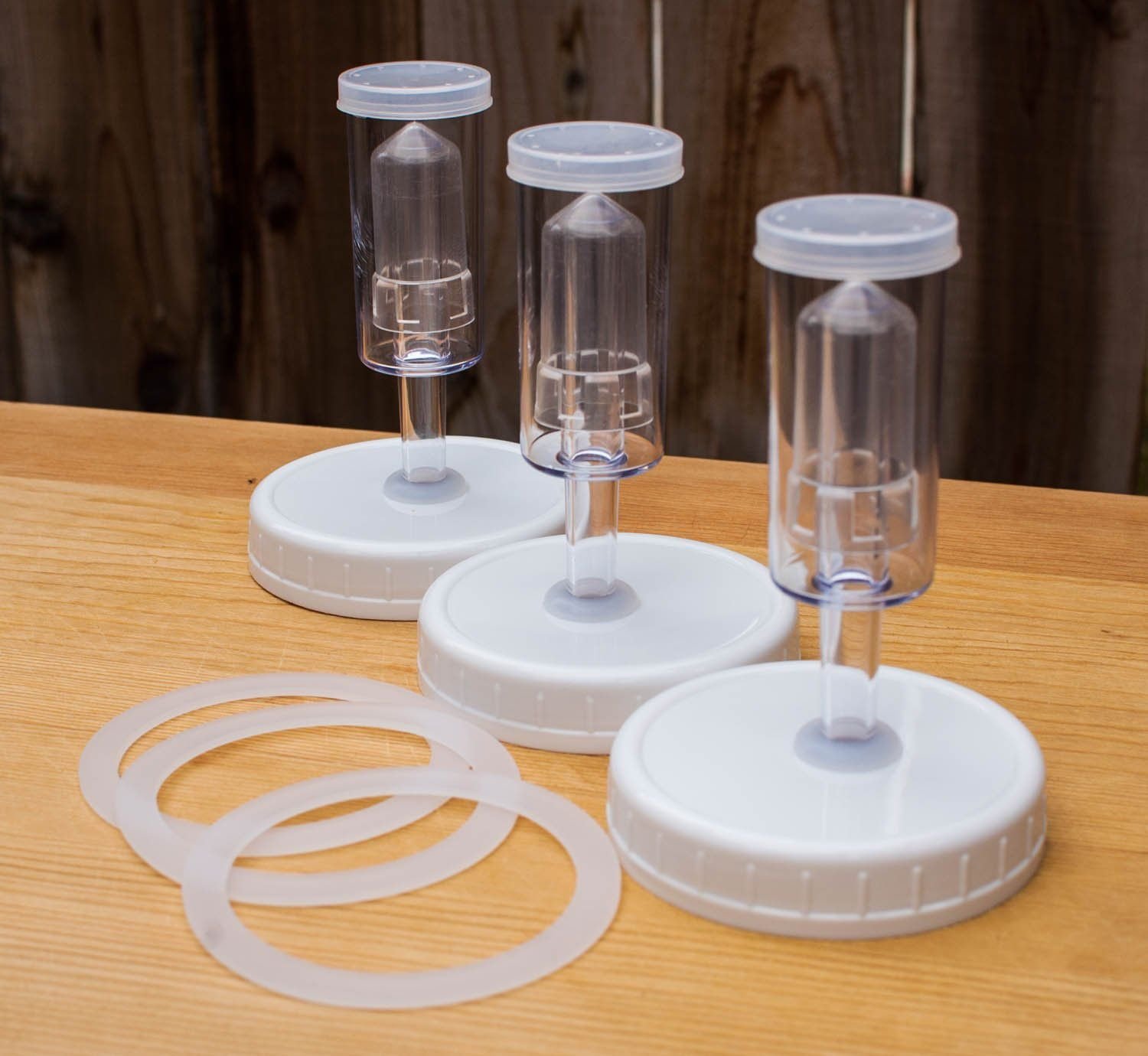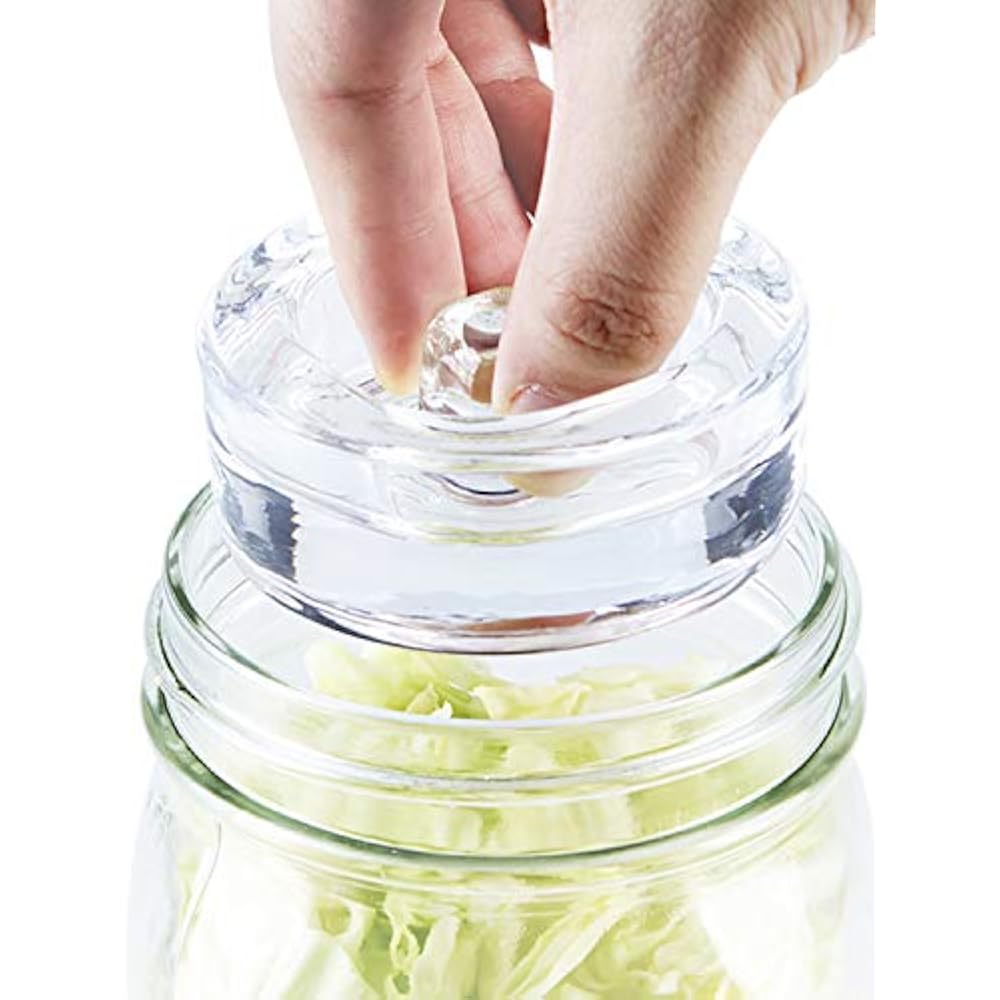I’ve recently come into possession of a large number of Mason jars. Being a fan of sauerkraut and knowing of Lemmy’s significant German/Czech populatuon, I’d like to ask how you make the best sauerkraut. What do you add beyond salt and cabbage? How do you store it?
I suppose this may also apply to kimchi and other pickled foods, too!
What do you add beyond salt and cabbage?
Bay leaves and juniper berries (hope that’s the correct translation).
How do you store it?
In the large wooden cask where it was made.
this is the correct answer
Caraway seeds are good too.
A mandoline slicer makes the chopping much faster if you have one.
I like caraway seeds in mine.
I ferment on the top of my cabinets in a mason jar, then move to the fridge when it starts tasting right.
Recently got one to help dicing onions for soups, definitely helps.
Not German (except by ancestry), but my advice is that you might want weights or airlock lids for the jars.


(Not sure what the pros/cons are of the two different styles of keeping the cabbage submerged.)
Otherwise, a Ziploc bag full of water can do the same task in a cheaper/jankier way.
Once it’s finished becoming sauerkraut, you store it by putting a regular airtight lid on it and putting it in the fridge. I suppose it could also be canned to make it shelf-stable long-term, but you’re going to want to look up reputable advice for that.
As far as what to add beyond salt and cabbage, since you have a bunch of jars I suggest experimenting with a bunch of different things.
You want both weights and airlock lids as they serve different purposes. Weights keep everything submerged below the brine, and airlocks allow produced CO2 to escape without allowing oxygen in. Lacto fermentation is an anaerobic process and oxygen is the enemy.
Don’t use an airtight lid unless you’re sure it’s done fermenting or else you can make little glass bombs in your fridge.


